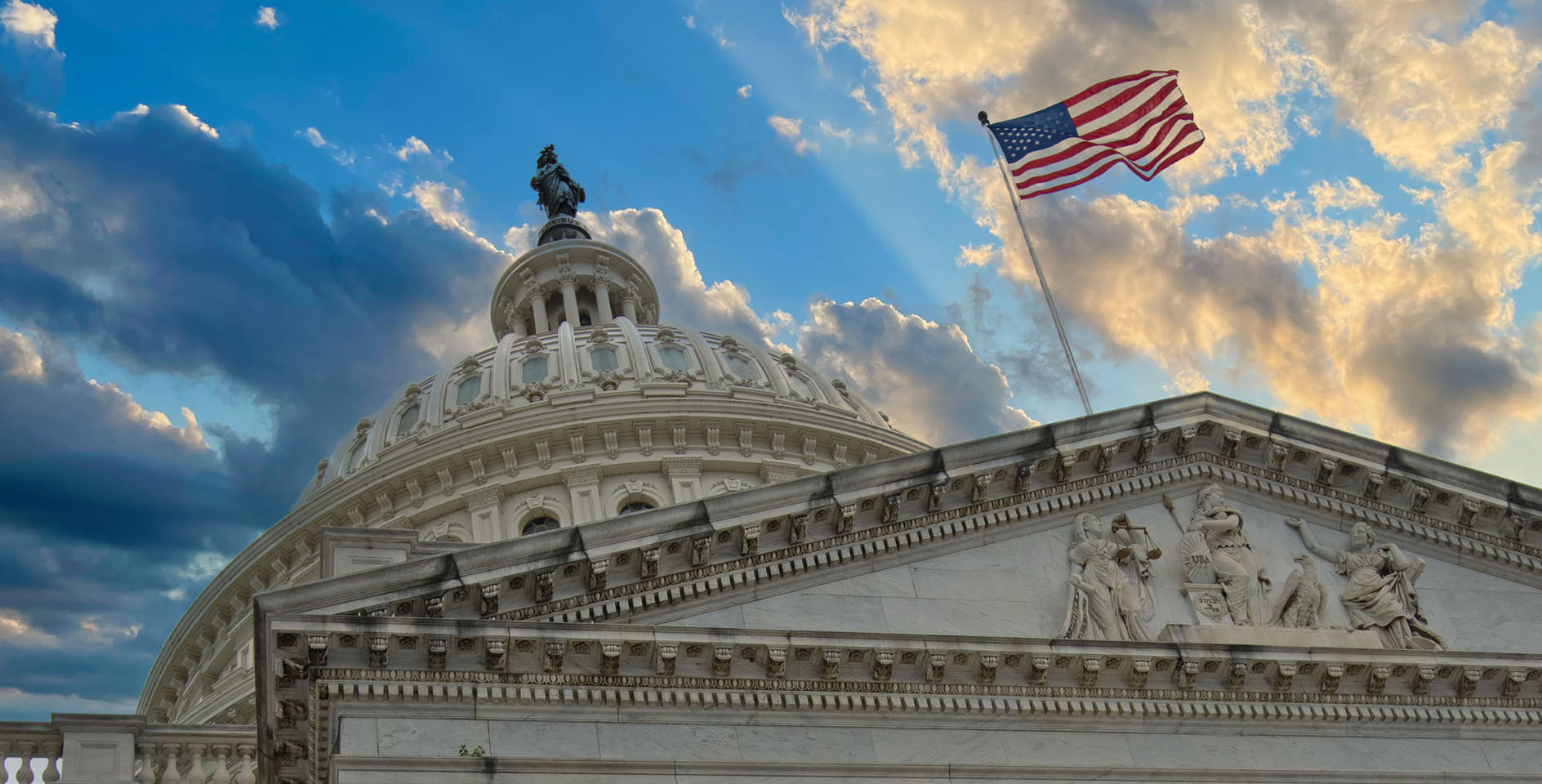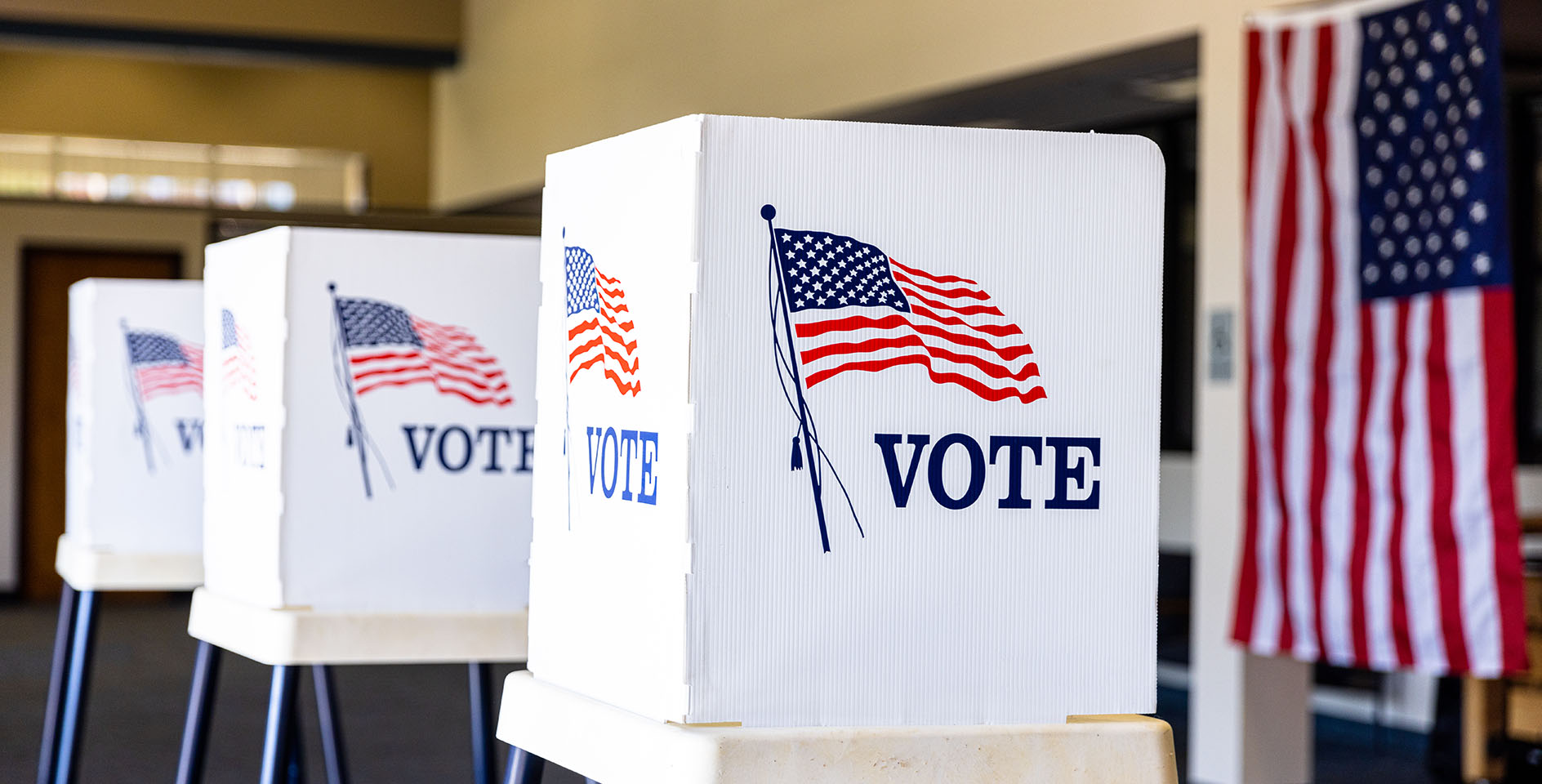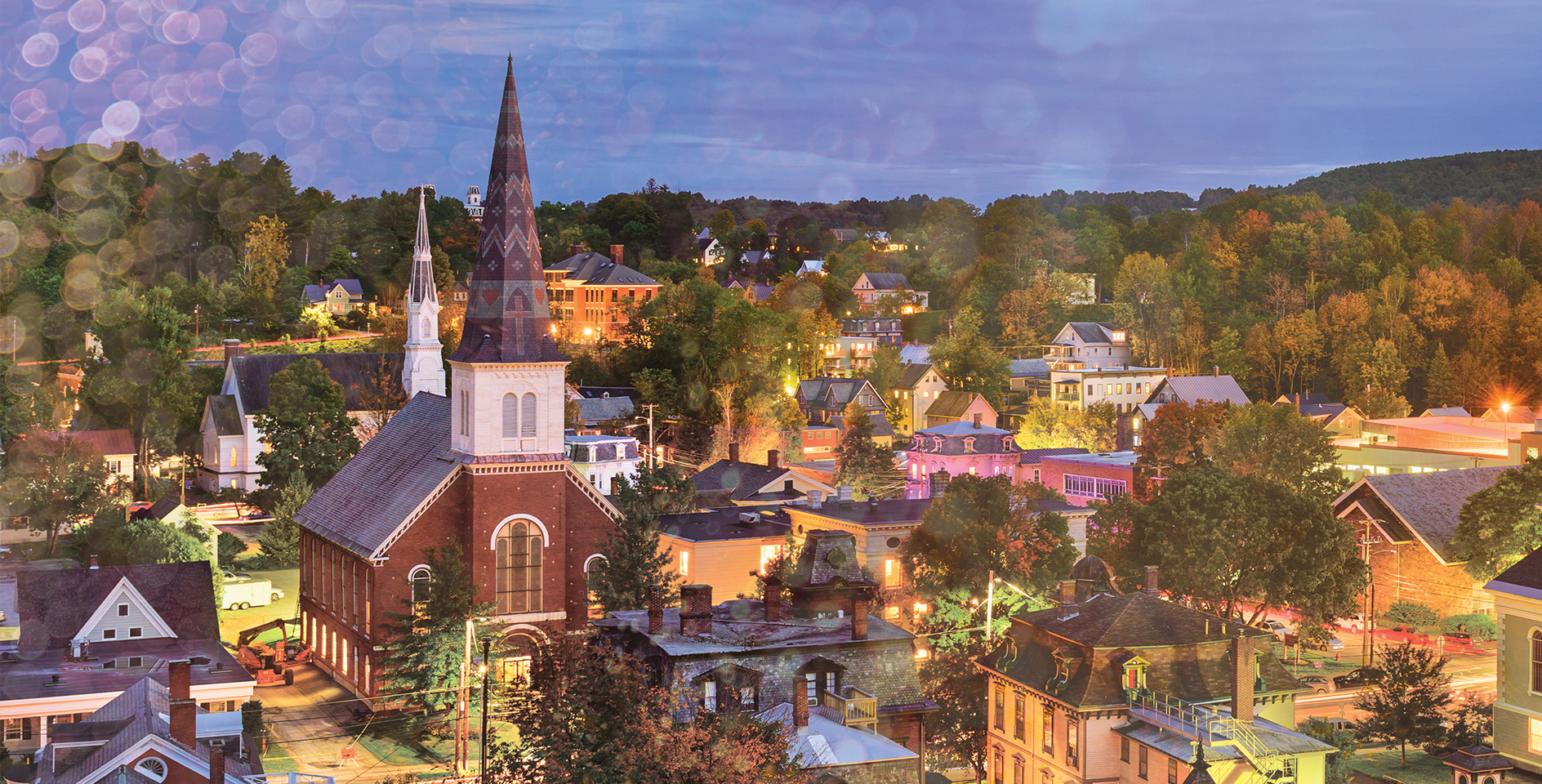We’ve heard the claim a million times: “81% of evangelicals voted for Donald Trump.” Some news outlets clarify that 81% of white evangelicals voted for Trump in 2016, but even that assertion is murky and somewhat misleading. Probably only about 55% of American evangelicals have voted in recent presidential elections, a slightly higher percentage than the general population. And when pollsters and journalists say “evangelicals,” they usually just mean people who identify as evangelicals.
“Evangelical” is typically not keyed to church attendance or evangelical beliefs. When pollsters ask about such matters, they discover that a significant subset of self-identified evangelicals hardly ever go to church, and that some hold beliefs that wouldn’t normally characterize an evangelical. So what “the 81%” actually means is “81% of self-identified white American evangelical voters” voted for Donald Trump.
Put into a global religious perspective, this only tells us about a sliver of the world evangelical community’s politics. The claim also dilutes the historic meaning of evangelical, by lumping people who do not attend church or hold characteristically evangelical beliefs into an undifferentiated mass, together with many practicing and believing evangelicals.
Complex factors produced this politicized (and Republicanized) view of evangelicals. One reason is that, of course, many practicing white evangelical voters have more or less enthusiastically supported Donald Trump’s GOP, due to issues such as Republicans’ official opposition to abortion.
The stereotypical story of the white evangelical alignment with the GOP goes back to Jerry Falwell Sr. and his Moral Majority organization. As the story goes, Falwell and the Moral Majority backed Ronald Reagan over the more recognizably evangelical Jimmy Carter in the 1980 presidential election, creating the fusion that weathered the Trumpian storm.
A History of Evangelicals and the GOP
But the evangelical alliance with the GOP is actually at least as old as the 1952 election.
The evangelist Billy Graham had skyrocketed to national fame in the late 1940s, turning him into a kingmaker in national politics. Graham was one of the most effective gospel preachers in world history, but he was also a staunch Cold Warrior and anticommunist. Thus in 1952, Graham helped to recruit Dwight Eisenhower to run for president, primarily due to the general’s anticommunist credentials and sterling leadership record in World War II. Eisenhower was not especially pious, but he valued the Judeo-Christian tradition as a great cultural bulwark against atheistic communism.
From 1952 forward, white evangelicals have tended to vote Republican for president. This was especially the case for Northern evangelicals. The Northeast and Midwest were the historic centers of American evangelicalism at the time, while the major Southern denominations, including the Southern Baptist Convention, were not uniformly evangelical. (The SBC would, of course, become more consistently evangelical as a result of the Conservative Resurgence in the 1980s and ’90s.)
Southern evangelicals, despite Graham’s prominent backing of Republican presidents, were slower to support the GOP, due to white Southerners’ historic commitment to the Democratic Party. That commitment went back to the era of the Civil War and Reconstruction, and it was reenergized by Franklin Roosevelt and the New Deal in the 1930s. White Southerners (including evangelicals) began to waver in their attachment to the Democratic coalition in the 1960s, amidst the civil rights movement, and a growing belief that the GOP was tougher on communism than the Democrats. Still, as of 1976 many white evangelical Southerners supported Carter, a Georgia Democrat, despite Carter’s pro-choice stance and his support for the Equal Rights Amendment, which promised legal equality between men and women.
Thus, 1980 and the Moral Majority were decisive in the history of American evangelical politics, but more for Southerners than for American evangelicals generally. Falwell convinced many white Southern Christians that Reagan was their preferred choice, due to Reagan’s pro-life views (ones recently adopted) and his anticommunist bona fides. Reagan would make little headway on the abortion issue, and his nominations of Sandra Day O’Connor and Anthony Kennedy to the Supreme Court would guarantee the survival of the pro-choice precedent in Roe v. Wade (1973). But Reagan’s defense spending and negotiations with the Soviet Union set the stage for the fall of the Berlin Wall, and for the ultimate collapse of the USSR in 1991.
The Moral Majority, which disbanded in 1989, was undoubtedly important in the evolution of evangelical politics, but it was not as decisive as some might suggest. The 1980 election saw the culmination of trends that had been developing for three decades. Most white “evangelical” voters—practicing or not—have voted for GOP presidential candidates, whomever he might be, since 1952.
Like Eisenhower or Richard Nixon, Reagan’s personal evangelical credentials were not clear. But Reagan certainly knew a lot of evangelicals and Pentecostals, and he knew how to talk like them. George W. Bush was probably the most distinctively evangelical president since Carter, due to Bush’s dramatic conversion experience, but even his church membership was at a mainline United Methodist congregation. Mitt Romney’s 2012 candidacy was a new kind of strength test for evangelical commitment to the GOP. Obviously the Mormon Romney was not an evangelical in a historic or doctrinal sense. Yet evangelical support for Romney remained high, due to familiar factors such as Romney’s pro-life convictions.
Donald Trump’s rocky marital history and sometimes uncouth behavior tested the evangelical-GOP fusion again, but in the end, his persona and controversial politics were not enough to erode the alliance. Undoubtedly much of the white evangelical support for Trump reflected opposition to Democrats’ sometimes extreme stances on culture war issues, such as marriage and gender. Evangelicals also knew that a Hillary Clinton presidency would mean more pro-choice justices on the Supreme Court.
It is difficult to measure evangelicals’ relative enthusiasm for Trump himself (it’s hard enough to discern whether people in polls are actually evangelicals by belief or by practice). But Trump’s provocative personality didn’t end up having a major effect on the preferences of white evangelicals for the GOP, a pattern which had largely prevailed since 1952.
American Evangelicalism Is Not All There Is
The white American evangelical alliance with the Republican Party, then, is a longstanding one. Yet it is important to remember for other Americans who identify as “born again” or evangelical, including among African Americans and Hispanics, a vote for the GOP is hardly guaranteed. Political dynamics among evangelicals around the globe also vary widely from the American model.
The current American evangelical alignment reflects a relatively unusual political situation, one in which few evangelicals have ever found themselves. American evangelicals happen to live in a country where they can expect to have a major influence on national politics, for better or worse. Evangelicals (especially Pentecostals) play a somewhat similar role only in a few other countries today. Brazil, Nigeria, and South Korea are also places where evangelicals and/or Pentecostals make up a sizable portion of the voting population, and can wield significant electoral power if they vote as a bloc.
It is more common for self-identified evangelicals around the globe to represent a small percentage of a country’s population, so that they can at most hope to be left alone by the government, and not be persecuted. For example, in Britain, evangelicals represent roughly 2 to 3% of the population. They tend not to think of any U.K. political party as their natural ally. There is virtually no public debate about the legal status of abortion in the U.K., and there are fewer galvanizing culture war issues that could produce a political fusion like the one between white American evangelicals and the GOP. Evangelicals in the U.K. were even divided over “Brexit” in 2016, with a small majority supporting the vote to remain in the European Union. If world evangelicals were all Trumpian Republicans-in-waiting, you might have expected British evangelicals to support the wave of populist nationalism that led to Brexit’s victory.
Whatever we think about self-identified American evangelicals’ connection to the Republican Party, in the rest of the world the relationship between evangelicals and politics works differently. Most evangelicals around the world are not Republicans, because they’re not Americans. Most evangelicals globally are also not white. If there is such a thing as “global evangelicalism”—and I think there is—the movement’s connectedness must be rooted in other things besides American political alignments.
There definitely have been excesses in the American evangelical attachment to the Republican Party, but those excesses provide no legitimate reason to denounce the evangelical movement as a whole, as critics in the U.S. have often done. At most, the problems with self-identified evangelicals and politics reflect the temptations inherent in access to political power.
But American politics cannot possibly define the global evangelical movement. Instead, evangelical Christianity revolves around beliefs and spiritual experiences that transcend national and political boundaries. Chief among these beliefs and experiences are a high view of the authority of Scripture, the need for all people to be born again, the “Great Commission” of missions and evangelism, and the tangible presence of God in one’s daily life.
In America, one could get the impression that “evangelicals” are mostly white Republican voters who consider themselves religious. But that vague impression doesn’t capture the historic, global essence of what it means to be an evangelical.










